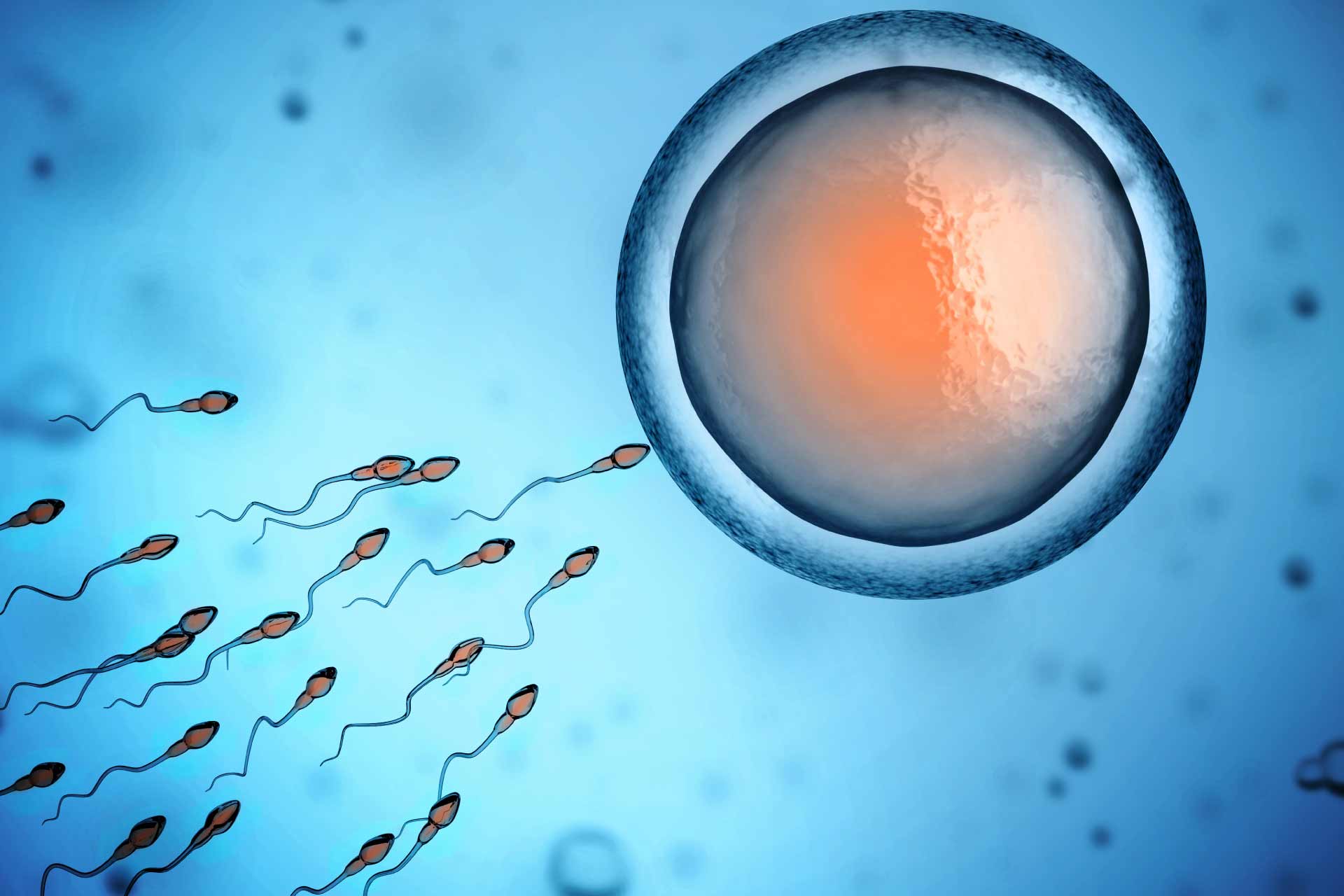What is already known on this topic
The overconsumption of food can lead to metabolic disorders and impair the development of sperm cells within the male reproductive organs, thus altering male reproductive health. Infertility and changes in the gut microbiota composition have been observed in people with metabolic disorders induced by excessive food consumption, but the way in which gut microbes could impair spermatogenesis remains unknown.
What this research adds
Working in sheep, researchers found that metabolic disorders induced by excessive food consumption altered the gut microbiota and led to a decline in the differentiation of male germ cells. The imbalanced gut microbiota resulted in lower levels of bile acids, which in turn disrupted the absorption of vitamin A. The abnormal metabolism of vitamin A contributed to altered spermatogenesis.
Conclusions
The findings suggest that the gut microbiota could affect testicular function, and that vitamin A metabolism could be an indicator of infertility in men with metabolic disorders.
The overconsumption of food can alter the gut microbiota, lead to metabolic disorders, and impair the development of sperm cells within the male reproductive organs, thus altering male reproductive health. Now, researchers have found that changes in the gut microbiota caused by excessive food consumption and metabolic disorders can result in a reduced differentiation of male germ cells.
The findings, published in the journal Gut, suggest that the gut microbiota could affect testicular function.
Changes in the gut microbiota composition have been observed in people with metabolic disorders induced by excessive food consumption. For example, a recent study showed that a high-fat diet induces gut microbial alterations and leads to male infertility. However, the way in which gut microbes could impair spermatogenesis remains unknown.
To address this question, Teng Zhang and Yang Zhou at the Inner Mongolia University and their colleagues analyzed gut microbes, testicular samples, and the complete set of small molecules found in the gut of a sheep model of metabolic syndrome. Metabolic syndrome is a series of conditions that increase a person’s risk of heart disease, stroke and type 2 diabetes.
High-energy diet
The researchers fed sheep with a medium-energy, a high-energy, or a standard chow diet. Compared to animals fed a standard chow, those on the medium- and high-energy diets gained more weight. They also became glucose intolerant and developed insulin resistance.
The team observed several anomalies in the testes of animals fed the medium- and high-energy diets, including impaired spermatogenesis, a reduced number of spermatogenic cells, and abnormal testicular tubules. The concentration of spermatozoa in the tubes that store and carry sperm was also lower in sheep on the medium- and high-energy diets.
The high-energy diet triggered widespread changes in metabolites, especially those related to vitamin digestion and absorption, and gut microbiota composition. In particular, the levels of Ruminococcus and Ruminococcaceae were decreased in animals fed the medium- and high-energy diets.
Vitamin metabolism
Further experiments showed that changes in the abundance of Ruminococcaceae had a profound influence on the levels of bile acids. So, the researchers hypothesized that the absorption of fat-soluble vitamins, such as vitamins A and E, could be affected by bile acid levels.
The team found that the abundance of vitamin E was decreased in animals on the medium-energy and high-energy diets compared with those on the standard chow diet. This impaired vitamin A absorption and metabolism.
Transferring gut microbes from mice with altered vitamin A metabolism to healthy animals led to metabolic and microbial imbalances as well as impaired spermatogenesis.
“These results demonstrated that the recipient mice recapitulated microbial and metabolic phenotypes as observed in the metabolic disorder model, and gut microbiota mediated the disturbed metabolism of vitamin A, which led to damaged spermatogenesis,” the researchers say. The findings also suggest that vitamin A metabolism may be an indicator of infertility in men with metabolic disorders, they add.









